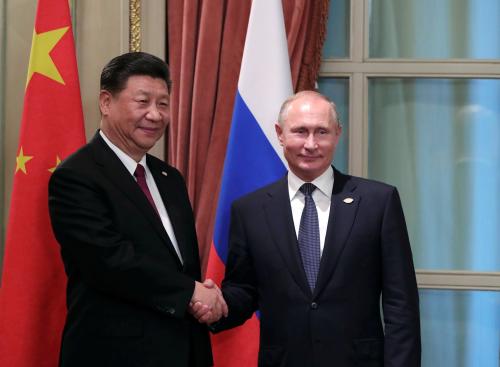

At the heart of the new era of geopolitical competition is a struggle over the role and influence of democracy in the international order. As China asserts its new weight and Russia attempts to profit from Western dysfunction, both seek to weaken the democratic model of governance and the role Western democracies have played in shaping the order itself. At this crucial geopolitical juncture, powerful democratic states are under increasing strain from an interconnected set of domestic challenges—political, economic, and cultural. Uncertainty about American strategy makes this all the more acute. Yet not all trends are negative: the consolidation of democracy in parts of Asia and Africa means that globally, more people now live in democracies than at any point in history. Looking ahead, protecting the democratic character of the international order will require new coalitions of democratic states beyond the traditional trans-Atlantic core. The trajectory of democracy and the state of the international order are two issue areas often debated separately, but they are intimately linked.
In this project—“Democracy and Disorder: The Struggle for Influence in the New Geopolitics”—experts from across the Foreign Policy program at Brookings have assessed challenges to democracy in critical regions; charted their geopolitical implications for international order; and have issued responses to secure the fate of the democracy within that order. Previously published research that is relevant to this project can be found in our Related Content section.

Robert Kagan
March 19, 2019
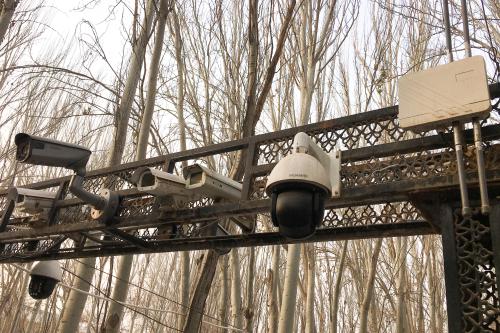
Alina Polyakova, Chris Meserole
August 26, 2019
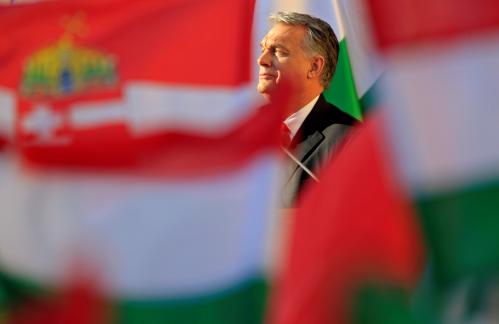
William A. Galston
February 26, 2019
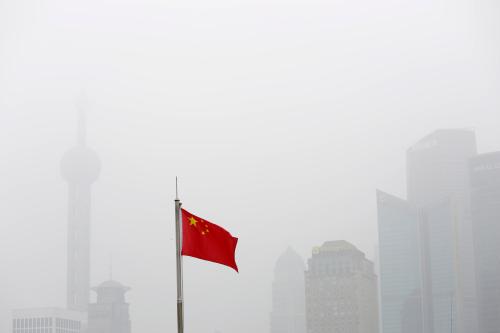
Tarun Chhabra
February 26, 2019
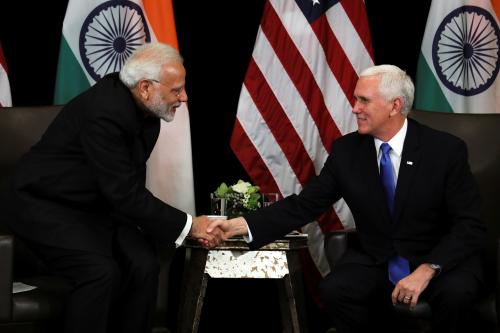
Dhruva Jaishankar
February 26, 2019
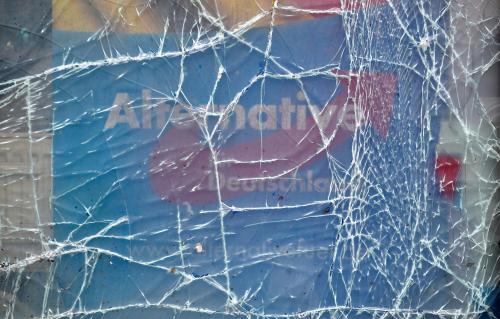
Thomas Wright
February 26, 2019
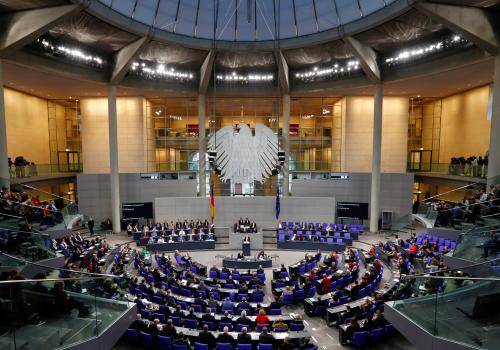
Constanze Stelzenmüller
February 26, 2019
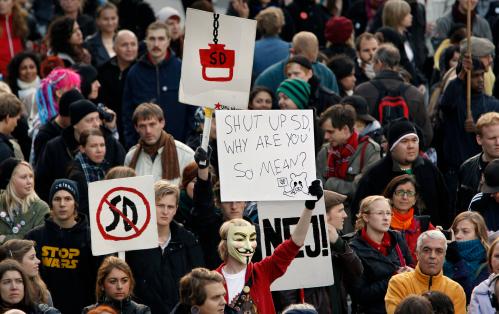
James Kirchick
February 26, 2019
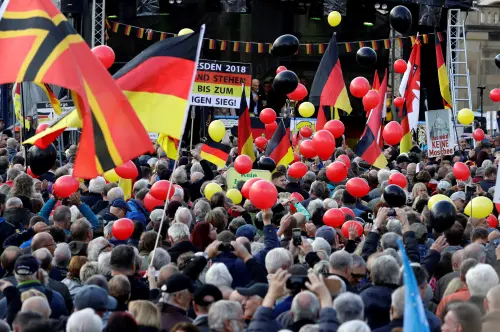
Shadi Hamid
February 26, 2019
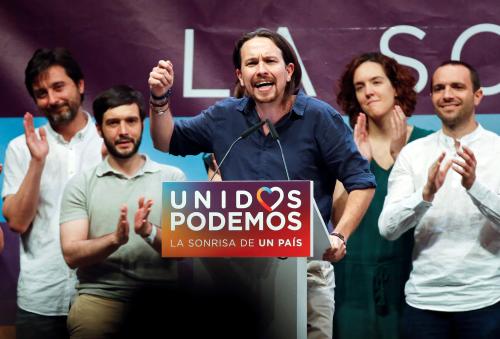
Célia Belin, Ted Reinert
February 26, 2019
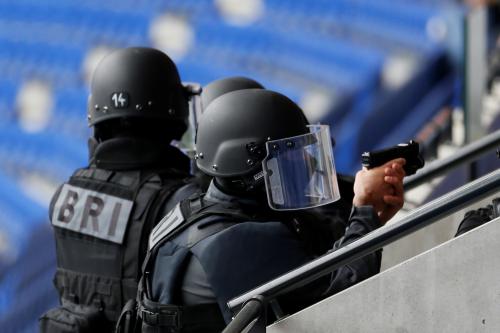
Daniel L. Byman
February 26, 2019

Carlo Bastasin
May 16, 2019
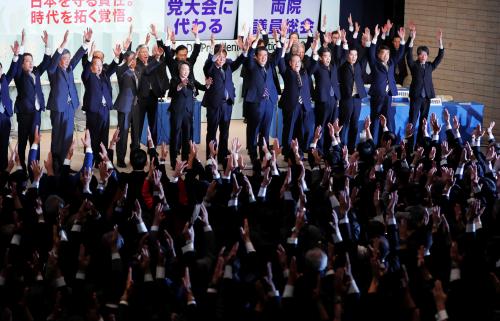
Mireya Solís
February 26, 2019
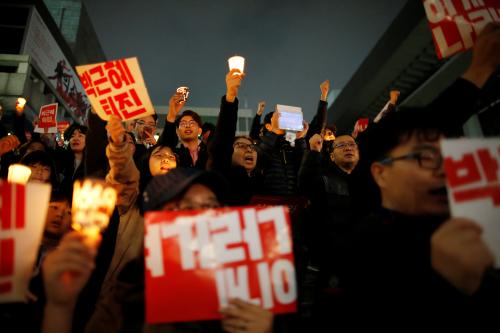
Paul Park, Jung H. Pak
February 26, 2019
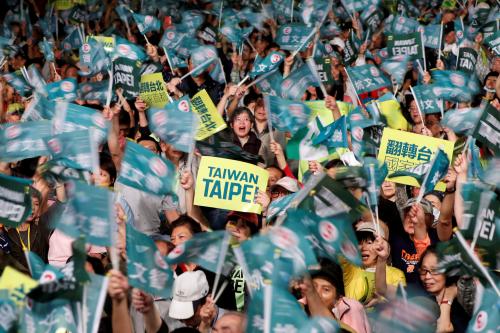
Richard C. Bush, Ryan Hass
February 26, 2019
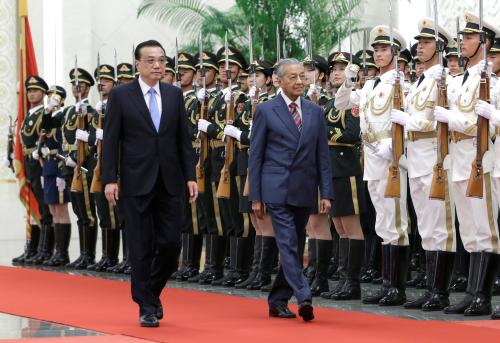
Jonathan Stromseth, Hunter Marston
February 26, 2019
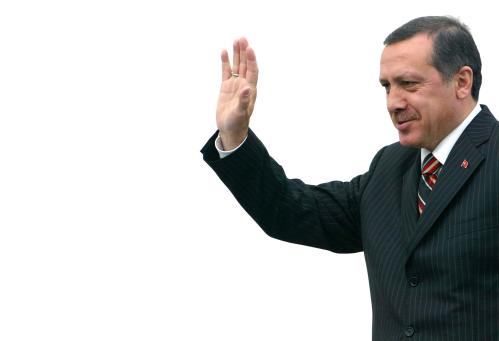
Kemal Kirişci, Amanda Sloat
February 26, 2019
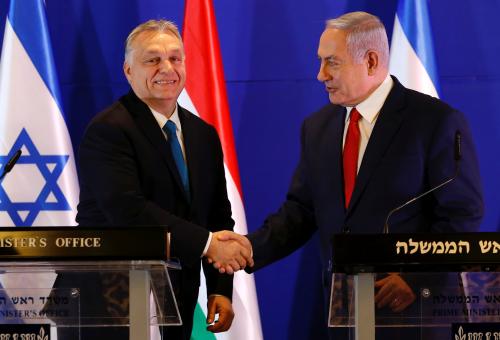
Tamara Cofman Wittes, Yael Mizrahi-Arnaud
March 18, 2019
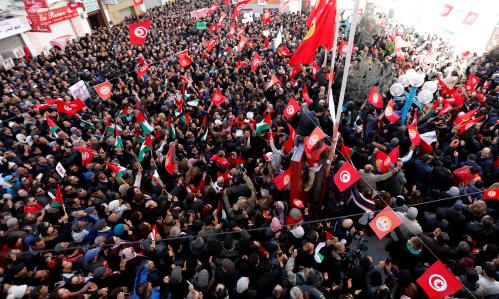
Sharan Grewal
February 26, 2019
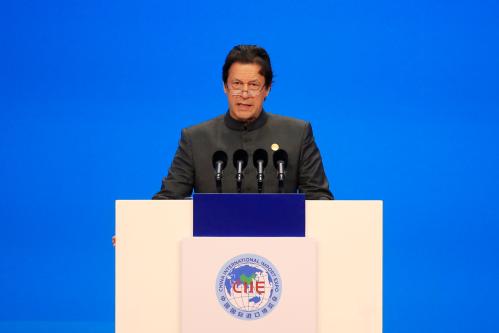
Madiha Afzal
February 26, 2019
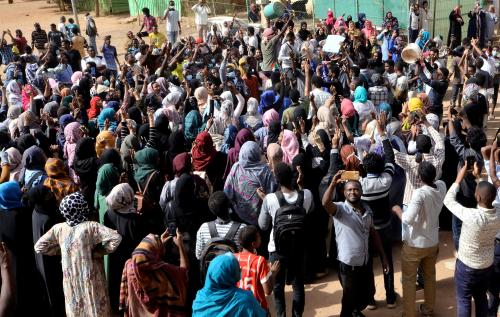
Salam Fayyad, Bruce Jones
March 26, 2019
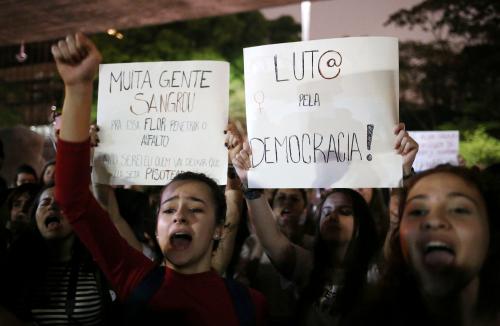
Ted Piccone
February 26, 2019

Ken Opalo
February 26, 2019
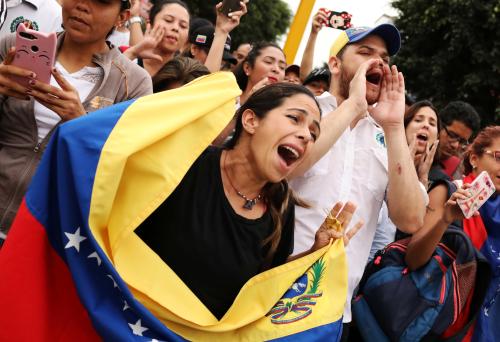
Ted Piccone
February 26, 2019
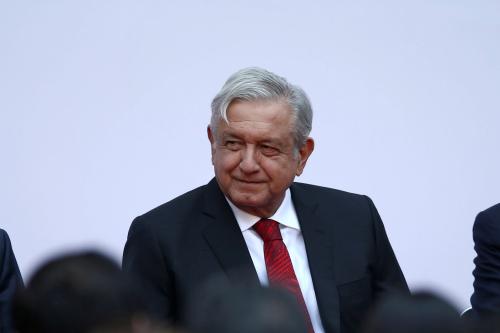
Vanda Felbab-Brown
March 15, 2019
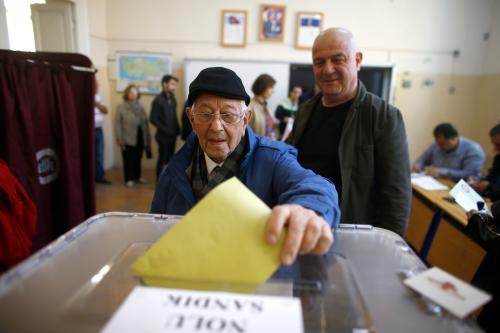
Katy Collin
February 26, 2019
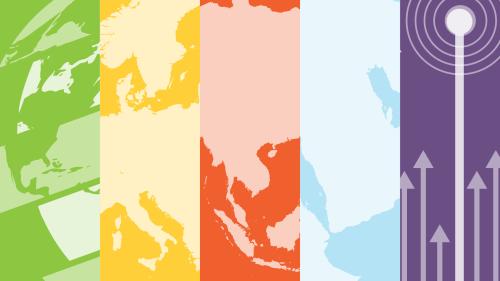
Bruce Jones
February 26, 2019
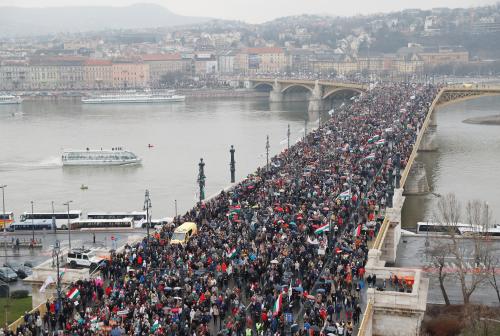
Alina Polyakova, Torrey Taussig, Ted Reinert, Kemal Kirişci, Amanda Sloat, James Kirchick, Melissa Hooper, Norman Eisen, Andrew Kenealy +4 more
February 26, 2019

Dhruva Jaishankar
April 22, 2019
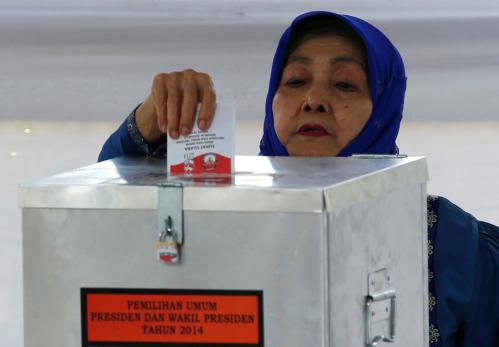
Thomas Pepinsky
March 20, 2019
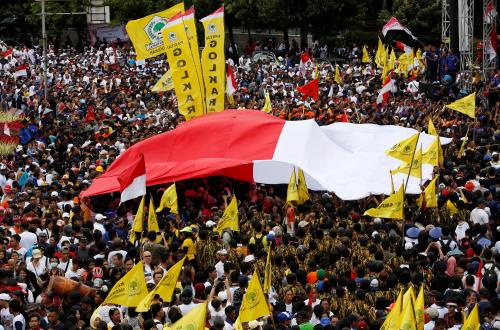
Jonathan Stromseth, Thomas Pepinsky, Fred Dews
March 15, 2019
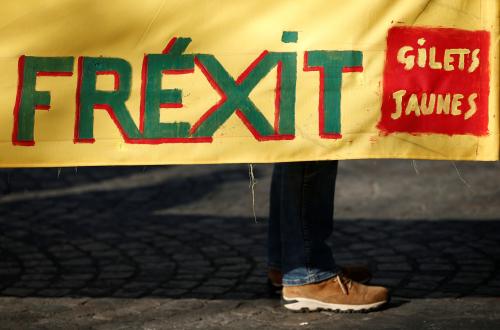
Torrey Taussig, Célia Belin, Constanze Stelzenmüller
February 26, 2019
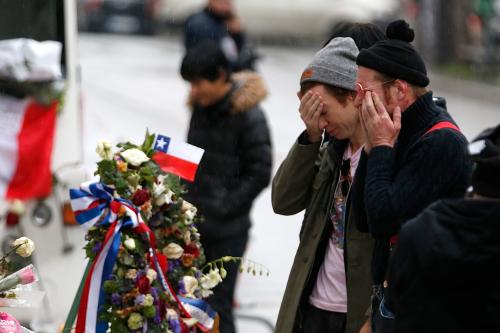
Daniel L. Byman
March 5, 2019

Clara Hendrickson, Mark Muro, William A. Galston
November 7, 2018
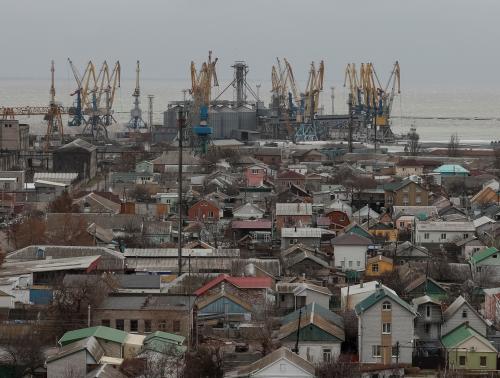
John W. McArthur
December 10, 2018
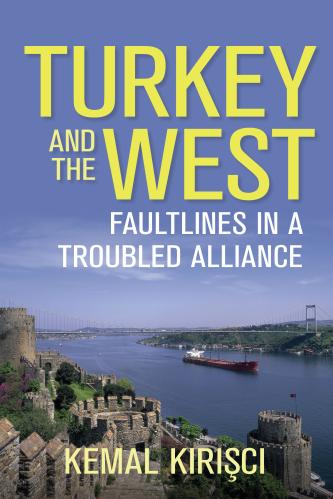
Kemal Kirişci
December 12, 2017
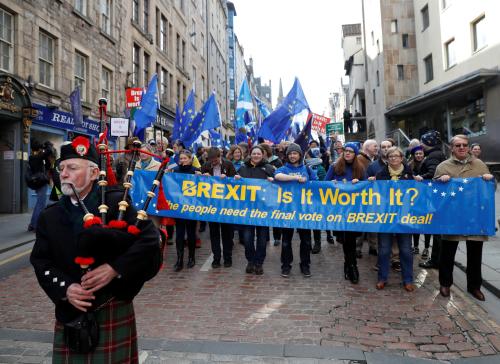
Amanda Sloat
October 5, 2018
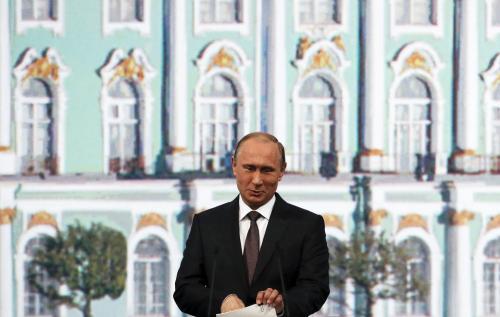
Alina Polyakova
November 15, 2018
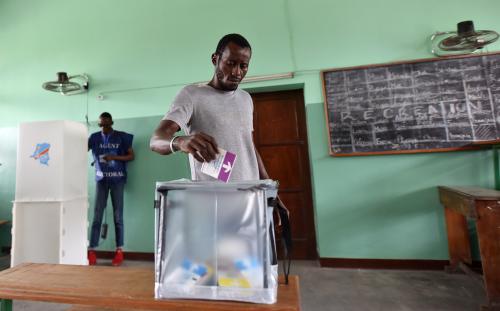
Adam Twardowski
February 7, 2019
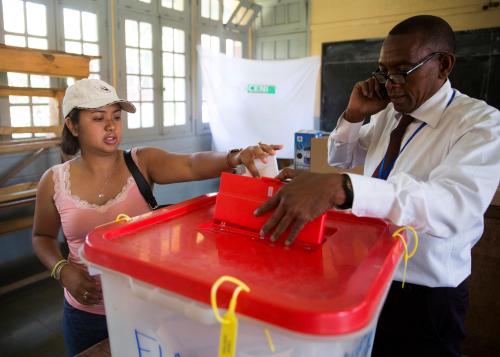
Adam Twardowski
December 7, 2018
2018
Brookings Institution, Washington DC
Thursday, 9:30 am - 11:30 am EDT
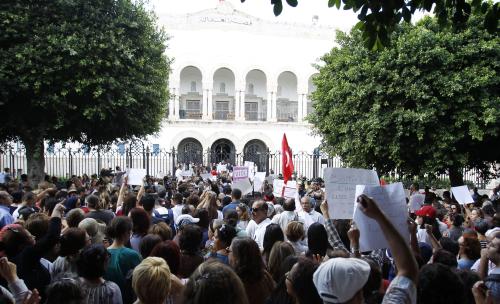
Sharan Grewal
November 20, 2018
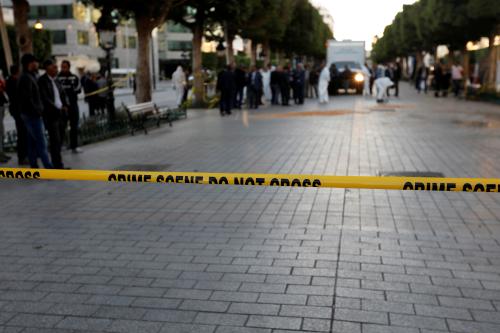
Sharan Grewal, Shadi Hamid
November 4, 2018
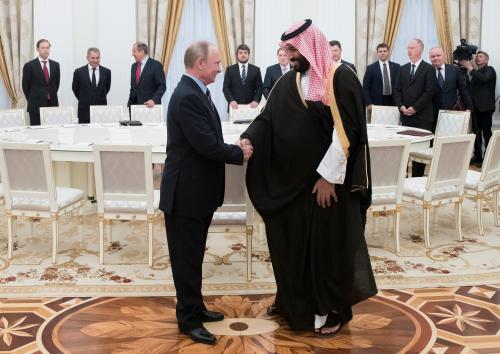
Jeffrey Feltman, Samantha Gross, Martin Indyk, Kemal Kirişci, Suzanne Maloney, Bruce Riedel, Natan Sachs, Amanda Sloat, Angela Stent, Tamara Cofman Wittes, Bruce Jones +6 more
January 7, 2019

Eliora Katz
February 19, 2019
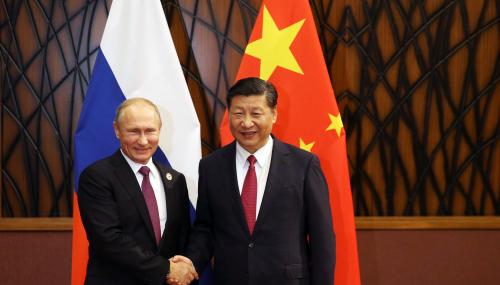
Alina Polyakova, Torrey Taussig
February 5, 2018
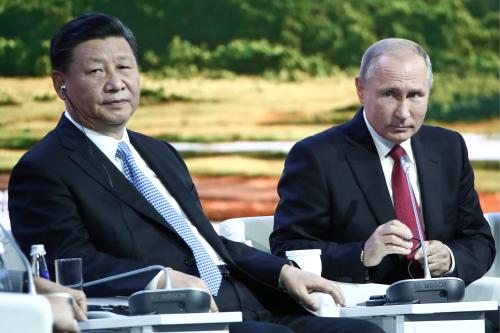
Torrey Taussig
October 19, 2018
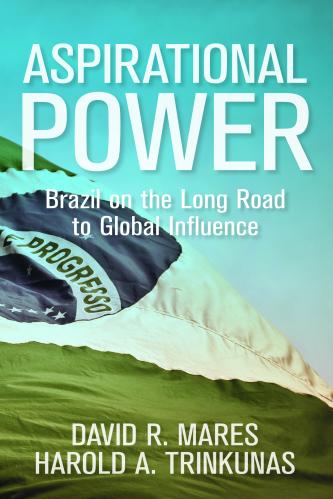
David R. Mares, Harold A. Trinkunas
June 28, 2016
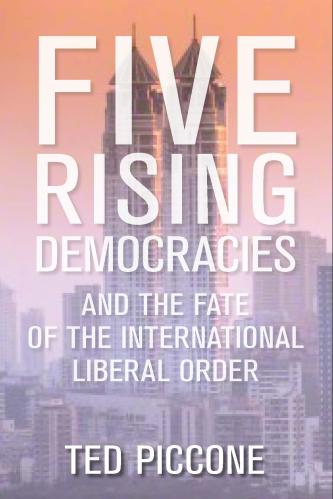
Ted Piccone
February 23, 2016
